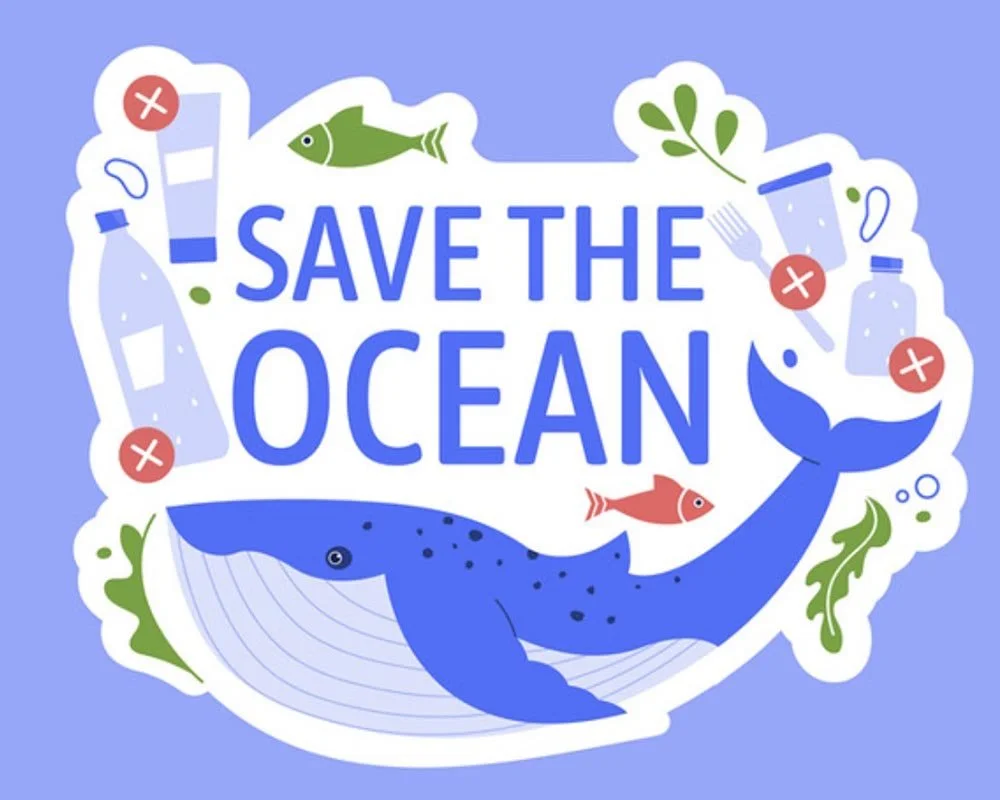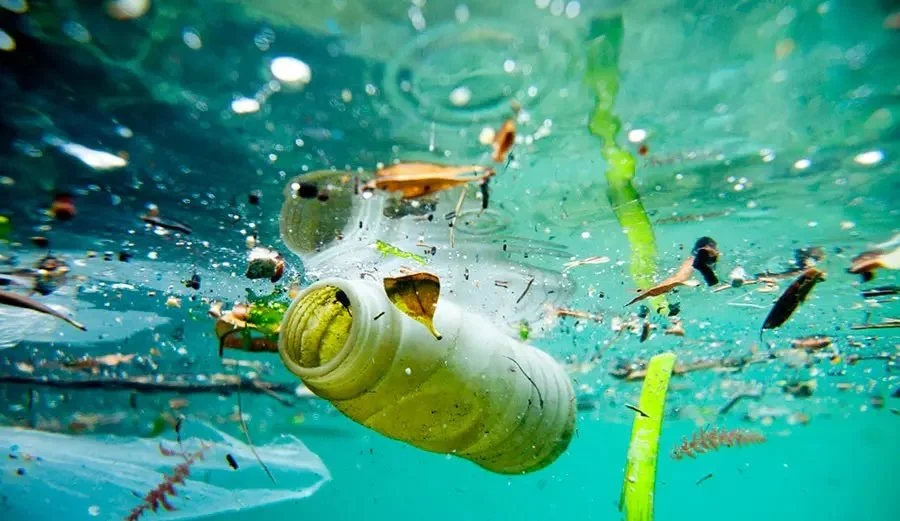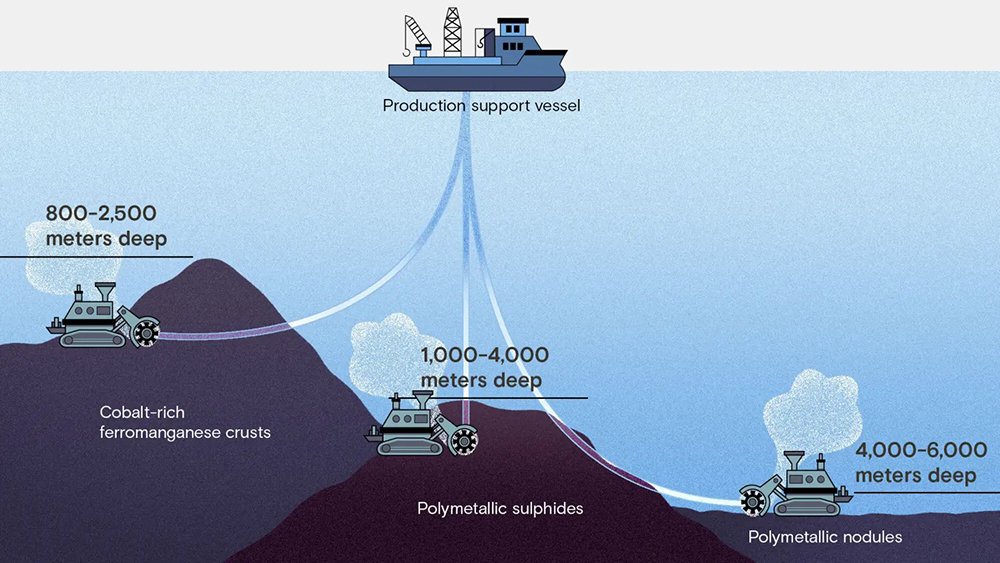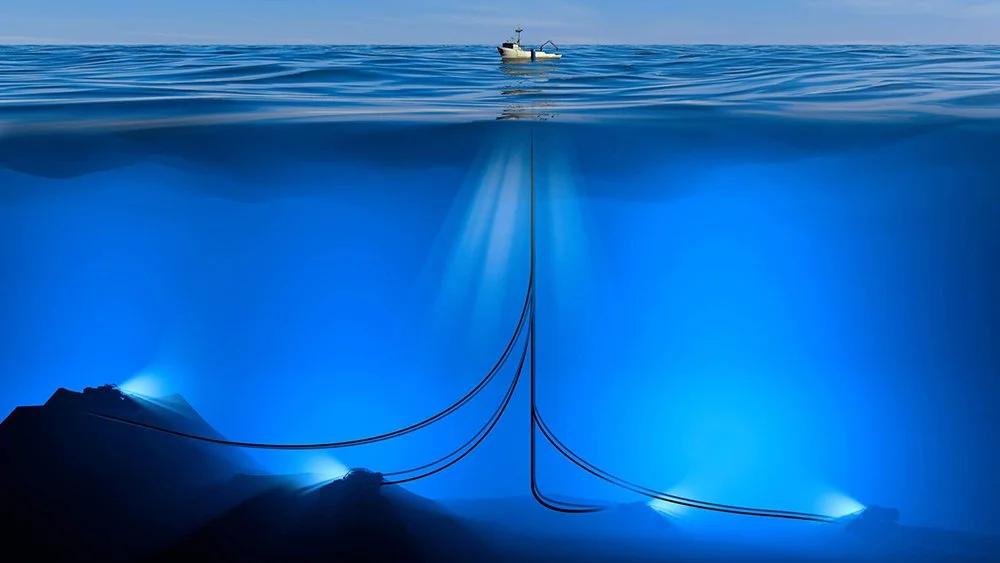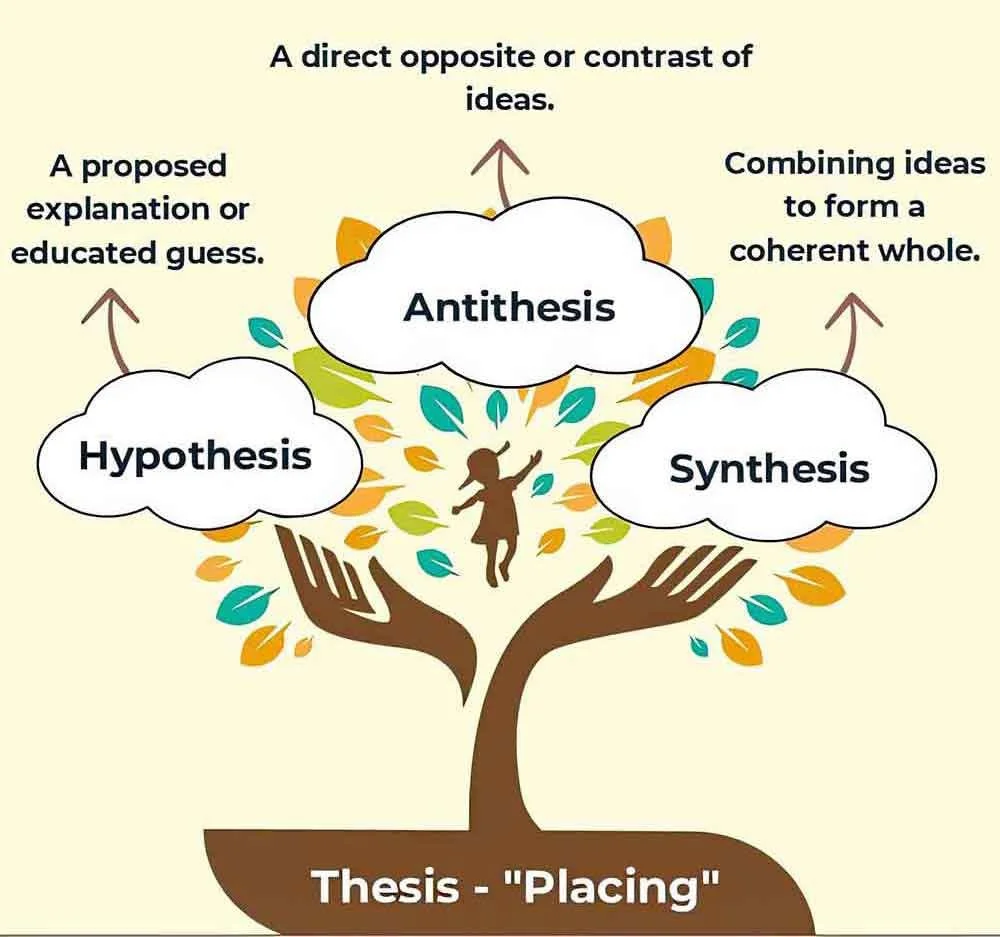Saving Our Oceans: From Harm to Help
What did António Guterres say the world must do to help the oceans?
What is the goal of “30x30”?
What is deep-sea mining, and why are people worried about it?
What is the High Seas Treaty?
How many countries need to approve the treaty before it becomes law?
What type of fishing is France being criticized for not banning?
What percentage of the ocean is fully protected today?
What did Emmanuel Macron say about deep-sea mining?
Why was the conference in Nice important?
What does the article say about the future of the ocean if we do not act soon?
• READ •
Saving Our Oceans: From Harm to Help
United Nations Ocean Conference
World leaders, scientists, and activists gathered in Nice, France, for a special meeting to talk about the health of our oceans.
The event was called the United Nations Ocean Conference, and many important people, including the UN Secretary-General António Guterres, came to speak.
Mr. Guterres gave a strong warning. He said the world must stop taking so much from the ocean and start protecting it instead. He told countries to make strong promises, like saving at least 30% of the ocean by the year 2030.
He also said it’s time to stop things like plastic pollution, overfishing, and dangerous deep-sea mining. Guterres called for countries to work together and warned that the deep sea should not be treated like the "wild west"—a place with no rules.
Even though the world is facing many problems, Guterres said he still had hope. He believed the people at the conference could help protect the ocean. His message got a lot of applause from the crowd.
More than 60 world leaders were there, including the presidents of Brazil and Argentina, as well as leaders from small island countries, scientists, and people from environmental groups.
One big goal of the meeting was to make progress on the High Seas Treaty. This is a global agreement that would help protect the parts of the ocean that don’t belong to any one country. These areas are often poorly protected and sometimes even lawless.
There is also growing concern about deep-sea mining. This is when machines dig up the ocean floor to find valuable materials.
Some leaders, like Donald Trump in the United States, want to speed up deep-sea mining. But many experts and environmental groups say it could cause serious harm to sea life. That’s why some countries want a pause, or “moratorium,” on deep-sea mining until better rules can be made.
French President Emmanuel Macron said the world needs to act fast. He said we must work together with scientists and other leaders to protect the ocean. Macron said deep-sea mining could destroy important parts of the ocean and that it’s a bad idea to start something so harmful.
So far, 37 countries support the pause on deep-sea mining. In July, a group called the International Seabed Authority will meet to discuss rules about ocean mining.
President Macron also talked about the High Seas Treaty. He said it needs to be officially approved by 60 countries. This is called “ratification.” Once that happens, the treaty can start being used. Macron said 50 countries had already approved the treaty, and 15 more promised to do so soon.
A group called the High Seas Alliance later confirmed that 18 new countries had approved it, bringing the total to 49. They think the treaty could become active later this year.
The treaty was first signed in 2023, after 20 years of talks. Once it becomes law, countries will have 120 days to begin putting it into action. This agreement is very important for reaching the goal known as “30x30”—protecting 30% of the ocean by the year 2030.
But saving the high seas isn’t enough. Countries also need to do more to protect their own waters.
France, for example, has been told it’s not doing enough. Some people say the country should ban bottom trawling, a harmful type of fishing that scrapes the ocean floor. On Sunday, France said it would limit this kind of fishing and protect 4% of its coastal waters.
However, some groups, like Oceana, say these promises are still too weak. They want real action, not just words.
The United Kingdom, on the other hand, said it would ban bottom trawling in half of its protected marine areas.
Right now, only 2.7% of the ocean is fully protected from harmful activities. That’s a very small number. Groups like the Marine Conservation Institute say we must do much more.
If we don’t act soon, experts warn the damage to the ocean could be permanent.
The ocean gives us food, helps control the Earth’s climate, and supports millions of animals and people. That’s why so many leaders, scientists, and activists are trying to protect it.
They believe that by working together and keeping strong promises, we can change things for the better.
The message from this summit is clear: The world must stop harming the ocean and start taking care of it.
From plastic in the water to mining on the sea floor, it’s time to choose protection over destruction.
And that choice must happen now.
► COMPREHENSION QUESTIONS
— please answer with complete sentences
What did António Guterres say the world must do to help the oceans?
What is the goal of “30x30”?
What is deep-sea mining, and why are people worried about it?
What is the High Seas Treaty?
How many countries need to approve the treaty before it becomes law?
What type of fishing is France being criticized for not banning?
What percentage of the ocean is fully protected today?
What did Emmanuel Macron say about deep-sea mining?
Why was the conference in Nice important?
What does the article say about the future of the ocean if we do not act soon?
► From EITHER/OR ► BOTH/AND
► FROM Right/Wrong ► Creative Combination
THESIS — Argue the case that we need to deep-sea mine (to get valuable minerals for industry) and fish lots of fish (to feed the world).
ANTI-THESIS — Argue the case that we need to stop deep-sea minting and over-fishing now.
SYN-THESIS — Create a better solution, one that both provides the minerals and food the world needs and protects the oceans.

